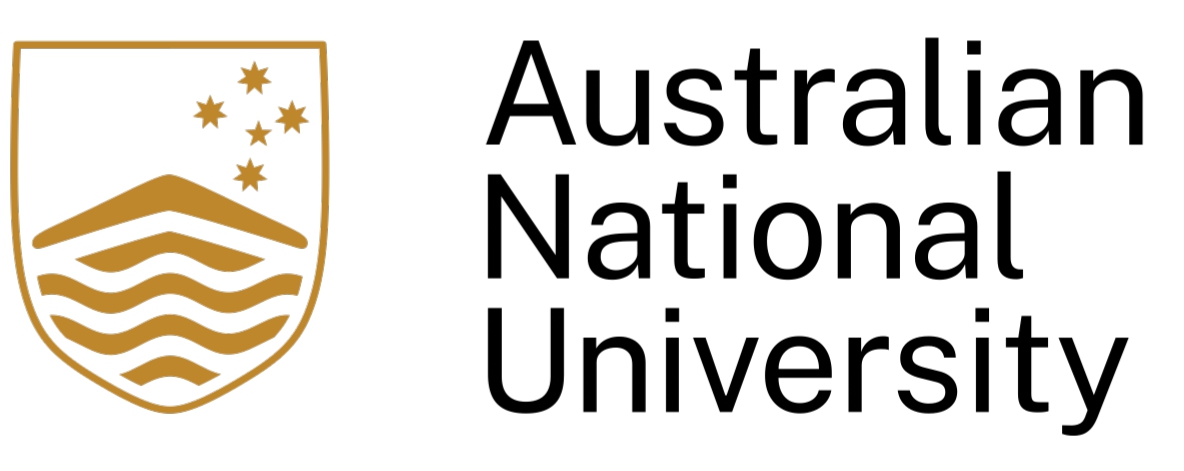The ‘Declared Areas’ Offence: To What Extent Does Australia’s Policy Response to Foreign Fighters Undermine Freedom of Movement?
Abstract
The rise of foreign fighters is increasingly becoming an issue of global significance. Numerous figures suggest that over 20000 foreign fighters have joined the fight in Syria and Iraq in the four first years of conflict (Neumann, 2015). Between 2014 and 2015, deaths in Organisation for Economic Co-operation and Development (OECD) nations escalated from 77 to 577, half of them committed by the Islamic State (IS) (Institute for Economics and Peace, 2016:40). Australia’s concern for its national security has led to substantial developments in enacting severe counter-terrorism laws, such as the Counter-Terrorism Legislation Amendment (Foreign Fighters) Act 2014 (Cth) (‘the Foreign Fighters Act’). Given the undeniable intrusion of counter-terrorism laws into human rights, this paper will evaluate and question the necessity and proportionality of this new Act and in particular, the introduction of the ‘declared areas’ offence in sections 119.2 and 119.3 of the Criminal Code. This offence criminalizes entering or remaining in ‘declared areas’ in certain foreign locations with a very limited list of exemptions (Williams, 2014:1). This paper will argue that this offence is likely to impermissibly infringe upon the right to freedom of movement, which can only be restricted in very few cases. Accordingly, the main question of this paper is; ‘to what extent is justified and proportionate the infringement on the freedom of movement placed by the 'declared areas' offence created by the ‘Foreign Fighters Act’?’ Finally, the author will advocate that to guarantee it’s compliant with its international human rights obligations, the Australian Government must rely upon the independent assessment and recommendations of review bodies.



.jpg)
.jpg)
.jpg)
.jpg)


.jpg) .
.

.jpg)

.jpg)

.jpg)




